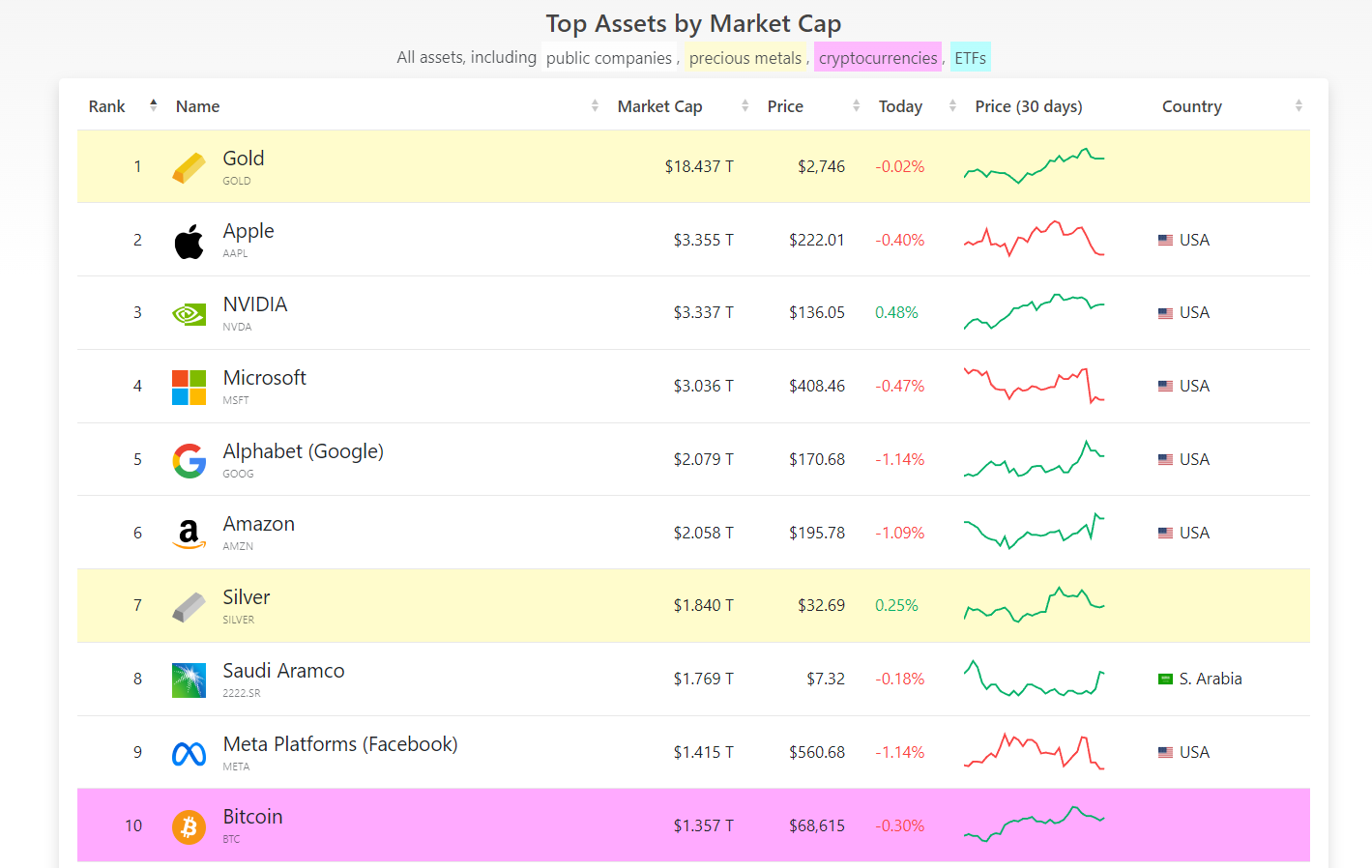British institutional companies are about to embrace the crypto revolution after a Pension Fund in the UK revealed an investment in Bitcoin.
This is the first capital placement in Bitcoin ever seen to date in the United Kingdom by a private savings instrument (anonymous).
The figure amounts to 65 million dollars, equal to 3% of his entire wealth.
This event could encourage other large companies in the country to allocate a portion of their liquidity to the world of digital assets.
Let’s see all the details below
Summary
UK and crypto: Pension Fund invests 65 million dollars in Bitcoin
According to the British pension specialist Cartwright, a Pension Fund in the UK has decided to allocate a portion of its portfolio in crypto.
The expert has led the first institutional investment of this type in the country, with the anonymous fund dedicating 65 million dollars for the purchase of Bitcoin.
Let’s talk about the 3% of the entire multi-billion dollar assets managed by the Fund, which after long analyses and consultations has decided to take the big step.
The most interesting thing about this story is that the company in question did not rely on US ETFs or UK ETPs, but invested directly in the coin BTC.
Obviously, this practice involves an intrinsic risk on the side of cybersecurity, even if precautions have been taken. The private keys of the wallet, where the loot in BTC is held, have been fragmented among 5 independent institutions.
https://twitter.com/WuBlockchain/status/1853613443729051729
The choice to bypass the proxy of regulated investment products and to invest directly in the underlying Bitcoin could be related to cost issues.
In fact, crypto ETFs have annual management costs (TER), which usually hover around 0.20% for the largest and most structured institutions.
For a Pension Fund that has a long-term vision, giving up 0.20% each year turns out to be a significant “spreco” of resources.
This move could now be replicated by other pension companies in the UK, with a potential contagion effect given the positive outlook of the crypto sector.
Regarding this splendid news, Sam Roberts, director of investment consultancy at Cartwright, commented as follows:
“Our approach ensures that the schemes can benefit from the significant bull potential, while at the same time limiting the bear potential. The integration of bitcoin into the investment strategy of a pension scheme is a bold step that reflects the forward-thinking nature of the trustees involved.”
The advantage of long-term investment in Bitcoin for pension funds
For the UK Pension Fund in question, the investment in crypto offers many advantages.
First and foremost, the choice to rely on an asset like Bitcoin, which has proven to be the most high-performing in the world over the last decade, could lead to a boost in returns.
As we well know, Bitcoin is an extremely volatile currency, which could lead to price movement both in bull and bear directions.
Being oriented towards a long-term time horizon, the Pension Fund manages to limit the possible bull effects, benefiting from the positive ones.
Since its inception, crypto has grown within time cycles of about 4 years, consistently reaching new ATH at each interval.
According to the data from CoinGecko, from July 2013 to today Bitcoin has increased overall by 101,072%, sweeping away any possible competition.
It is not a coincidence if it represents the tenth asset in the world by market capitalization, just behind Meta Platforms.

It should also be emphasized that for a Pension Fund it is important to diversify its investment, given the growing global geopolitical tensions.
In a world where wars seem to never stop and where the inflation of FIAT currencies gallops year after year, Bitcoin becomes a “must to have”.
The crypto is indeed considered as a sort of digital gold, capable of compensating for potential economic-financial catastrophes and being exchanged P2P.
In the UK these themes seem to have been fully understood by Cartwright, the same consulting firm that accompanied the investment of the Pension Fund.
This has also launched a Bitcoin employee benefits program that will allow employers to deposit crypto into wallets created for their staff.
Sam Roberts, director of investment consulting at Cartwright, reported in this regard that:
“The trustees are increasingly seeking innovative solutions for their future-proof schemes in the face of economic challenges. This bitcoin allocation is a strategic move that not only offers diversification but also fits into an asset class with a unique asymmetric risk-return profile.”
Crypto regulation in the UK favors institutional investments
In the UK, the landscape of crypto investments for Pension Funds is facilitated by the latest flexible regulations introduced.
The United Kingdom seems to want to grant more openings to crypto operators compared to the rigid approach of the European Union.
At the end of December 2023, the country introduced a new Sandbox for Digital Securities (DSS), under the control of the FCA and the Bank of England.
The maneuver was used to test new innovative solutions and to expand blockchain activities in a safe and regulated environment.
Recently, a new proposal was presented in Parliament to provide greater guarantees to holders of criptovalute.
The text aims to consider cryptocurrency as personal property, including Bitcoin, altcoin, non-fungible tokens, and digital credits.
If the law passes, for the first time in history in the UK all these assets will be considered personal property.
Obviously, the Pension Funds will benefit from this regulatory framework, which seems to be approaching the Swiss and UAE method.
Even in the United States, we are about to witness a process of institutional adoption of cryptographic assets. Recently, a Pension Fund from the State of Wisconsin made headlines for purchasing Bitcoin for 0.1% of its plan’s assets.
 en.cryptonomist.ch
en.cryptonomist.ch